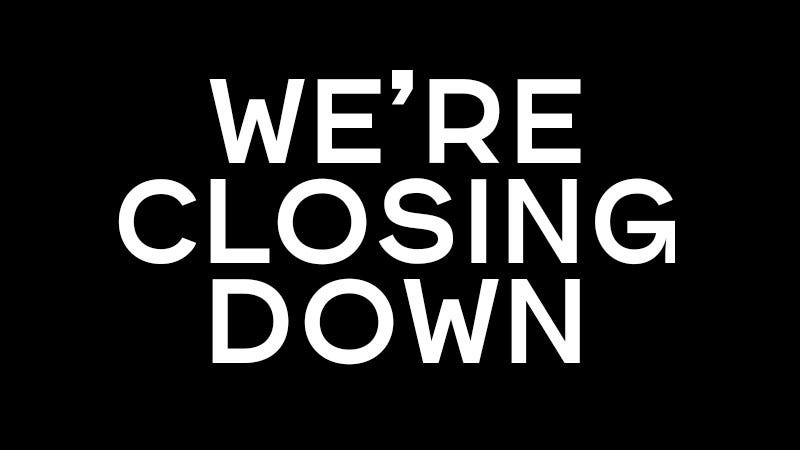
One IT business created a game-changing app in the late 80s. It was widely utilized and purchased by many professionals due to its high popularity. The business had no idea how quickly this app would become that popular. After a couple of months, the release cycles started to lengthen. Between each release, bugs were not fixed. Crash rates rose along with load delays.
Customers stopped using the app out of frustration and never went back. The company eventually went out of business shortly after that.
Many individuals began to question why such a brilliant idea had failed. It was challenging for people to understand the closure because the corporation was vague about the reason.
Twenty years later, one of the company’s original employees appeared to explain what had transpired. They had messed up the code and hurried the product to market. The code grew worse as they continued to add features, and eventually, they were unable to manage it. The flawed code was what destroyed the business.
Software engineers find themselves in this scenario for a variety of reasons. This can be the consequence of a tight deadline, a hasty attempt to complete the project quickly in order to impress the manager, the fact that you were simply sick of working on the project and wanted it to be over, or improper language or technological learning methods.
All of these explanations are reasonable, but it’s crucial to remember that creating subpar code could cause your software to die a premature death. Customers today lack the patience to put up with your problematic app. They progress really quickly.
When it comes to showing your dexterity, the number of languages or technologies you know does not necessarily determine how experienced a software engineer you are. Your skill with software will set you apart from everyone else; the level of quality work you can put into producing software.
I also would like to address product owners. Giving your engineers an arbitrary deadline could compel them to develop your product using a brute-force method. Your developers will be able to provide high-quality software if you have a clear product roadmap with well-described MVP (minimum viable product) features.
To every product owner, avoid rushing to market because doing so could shorten the time your product spends in the hands of potential buyers.
In conclusion, product owners should have a clear vision, product specifications, and deadlines in place, while software engineers should focus more on the quality of their work to achieve the vision.
……………………………………………………………………………………….
Did you enjoy this article? 🕺🏽
Feel free to give me as many claps as possible. 😂😂
You can subscribe to my Newsletter to learn more about software best practices and remote job opportunities.
Subscribe here
https://www.getrevue.co/profile/temidjoy










For the reason that the admin of this site is working, no uncertainty very quickly it will be renowned, due to its quality contents.